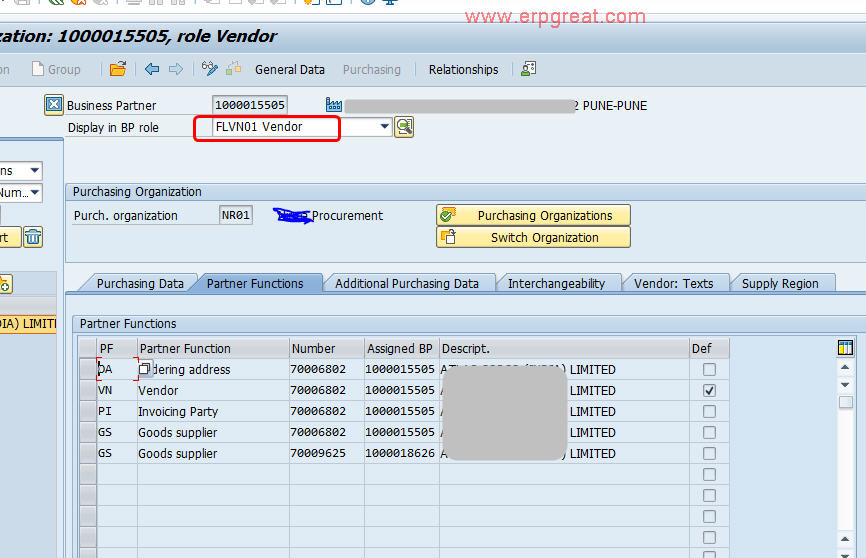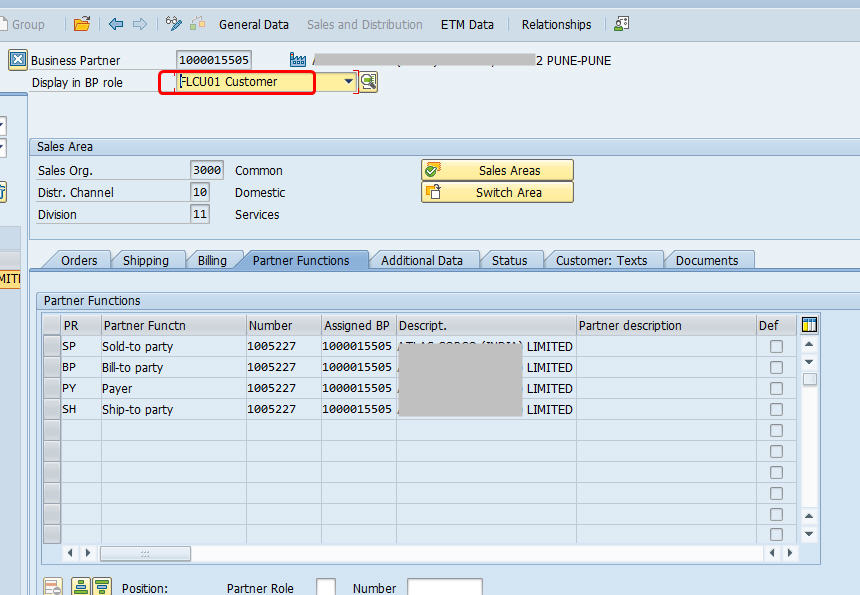Introduction to Vendor Master in SAP HANA
In SAP S/4HANA, creating a vendor master record is a critical process that ensures accurate supplier data for purchasing, finance, and logistics. Vendor master data includes information about suppliers that a company uses for procurement and payment. The evolution of SAP to S/4HANA has transformed the way this data is managed—through a unified Business Partner (BP) model.Understanding the Business Partner Concept in SAP S/4HANA
The Business Partner model is central to data management in S/4HANA. Unlike earlier versions of SAP, where customers and vendors were managed separately, S/4HANA consolidates this into a single entry framework—the Business Partner. This model enhances data consistency and simplifies integration across modules like MM, SD, and FI. Business Partners in SAP S/4HANA can be:- Persons
- Organizations
- Groups
Key Business Partner Roles in SAP HANA Vendor Creation
When creating a vendor master in SAP HANA, choosing the correct Business Partner type is essential. Let's explore the primary options:Supplier
The Supplier role represents an entity that provides goods or services to the company. This could be an individual consultant or a multinational corporation. This role is the most commonly used in vendor creation and includes relevant fields for invoicing, payment, and procurement activities.Key Fields:
- Company code data
- Purchasing data
- Bank details
One-Time Vendor
A One-Time Vendor is used for short-term or infrequent purchases. Instead of maintaining complete master data, temporary details are captured during transaction processing. Best For:- Emergency buys
- Local vendors used only once
- Audit compliance with minimal data
Central Purchasing Agent
This Business Partner acts on behalf of the company to coordinate purchasing activities across various vendors. Advantages:- Streamlined procurement
- Centralized negotiation and contract handling
- Simplifies supplier relationship management
Service Agent
A Service Agent is engaged for tasks such as maintenance, consulting, or professional services. Their role in SAP allows you to track services rendered and assign them to internal cost centers or WBS elements. Common Use Cases:- Facility management vendors
- IT consultants
- Legal advisors
Freight Forwarder
This type of Business Partner manages the logistics, transportation, and delivery of goods. Properly setting up a Freight Forwarder ensures timely and trackable deliveries. Includes Details Like:- Shipping terms
- Freight conditions
- Carrier IDs
Vendor Contact Person
This role represents an individual within the supplier's organization who communicates directly with your company. Why It Matters:- Smooth communication
- Clear responsibility
- Enhanced service delivery
Joint Venture Partner
Used in industries like oil, gas, and mining, a Joint Venture Partner shares profits, losses, and control in a specific venture. Typical Characteristics:- Shared investment
- Defined revenue agreements
- Role and resource allocation
How to Choose the Right Business Partner Type
When setting up a vendor in SAP HANA, always map the business requirements to the appropriate BP type. Here’s a quick decision table:| Requirement | Recommended BP Type |
|---|---|
| Regular supplier | Supplier |
| Ad-hoc purchase | One-Time Vendor |
| Logistics support | Freight Forwarder |
| Temporary consultant | Service Agent |
| Communication link | Vendor Contact Person |
| Procurement management | Central Purchasing |
| Business collaboration | Joint Venture Partner |
The Purpose of the Business Partner in Vendor Master
The Business Partner model in SAP S/4HANA offers a unified interface for managing customer and vendor data. It supports:- Single data entry for multiple roles
- Easy maintenance across modules
- Reduced duplication
Below Screen shot is from Vendor (Purchasing Role) and again it has different Partner functions.

Now, again same business Partner has Customer Role also which shows as below.

Self-Test: Understanding Vendor Master Inputs in SAP
Question:Which of the following SAP items can be inputted during the creation of a vendor master record?
Note: More than one answer is correct.
- A) The account group
- B) The field status definition
- C) The document type
- D) A reference vendor
- E) The number range interval of the document type
A) The account group
B) The field status definition
D) A reference vendor
Explanation:
- The account group determines field behavior during master creation.
- The field status controls which fields are mandatory or optional.
- Reference vendors allow copying of existing vendor data.
- Document type and number range are linked to financial transactions, not master creation.
Frequently Asked Questions (FAQs)
1. What is a Business Partner in SAP S/4HANA?
A Business Partner is a unified master data object that can act as a vendor, customer, or both, simplifying data entry and management.2. How is a Supplier different from a One-Time Vendor?
A Supplier is used for ongoing transactions, while a One-Time Vendor is for single-use procurement activities.3. Can a Business Partner have multiple roles?
Yes. A BP can have roles like Supplier, Customer, and Contact Person simultaneously.4. What is the benefit of Central Purchasing in vendor management?
It enables streamlined procurement from multiple suppliers via one central role, improving negotiation and cost control.5. Is the Freight Forwarder a mandatory role in SAP?
No, it’s optional but beneficial for companies with complex logistics needs.6. How does the Joint Venture Partner role help in business operations?
It allows for structured collaboration on shared projects, aiding transparency in resource and revenue management.Conclusion
Selecting the right Business Partner type during SAP HANA Vendor Master creation is crucial for efficient data management, procurement processes, and compliance. By understanding each role—whether it’s a Supplier, Service Agent, or Joint Venture Partner—you can tailor vendor relationships to match your business needs and scale with SAP's powerful capabilities.